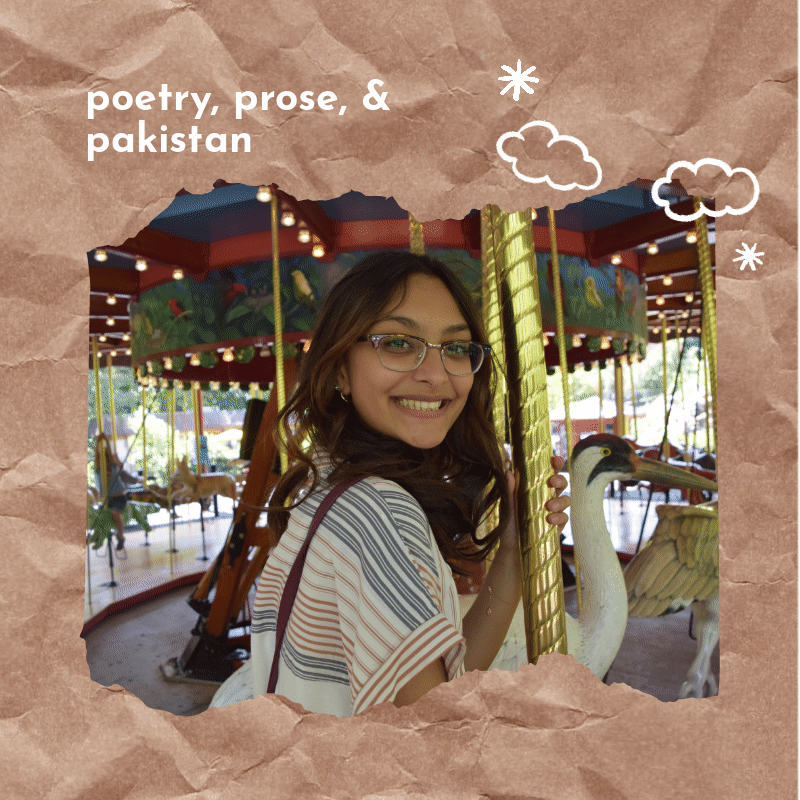'It’s Called Acting' and More Sorry Excuses For Defending Disney
- Hiba

- Dec 8, 2020
- 3 min read
Earlier this year, Disney announced that a Pakistani-American, Iman Vellani, had been cast to play Ms. Marvel/Kamala Khan, the first Pakistani-American Muslim superhero within the MCU. After the debacle of South Asian representation that was Mindy Kaling’s Never Have I Ever, the news of Ms. Marvel was refreshing - and brought a wave of excitement to an invisible minority. Pakistanis are rarely shown in Hollywood (unless a movie requires a terrorist, then suddenly, casting directors seem to understand the importance of true-casting) and when they are, their characters are played by an Indian lead. Skins, Blinded By the Light, Diana, and Life of Pi all featured visible and named Pakistani characters played by Indian actors. And now, Ms. Marvel has cast Zenobia Shroff - a non-Pakistani, non-Muslim - to play Kamala’s mother, Muneeba Khan. There is nothing wrong per se for a non-Muslim to play a Muslim (although there is something to be said about Hollywood’s refusal to choose Muslim actors), but to cast an Indian to play the role of a Pakistani is disturbing and frankly, unsurprising.
It is tiring to see Hollywood perpetuate the notion that South Asia is a monolith and that North Indian Brahmin culture can be easily swapped in to replace Pakistan - and even other parts of South Asia. Yes, we share a collective common history, shared traumas, and the color of our skin, but there are linguistic, cultural, and societal differences that cannot be done justice to if the actor has not lived those realities. Indian representation exists in Hollywood, there’s a lot of it - it is another thing that even that it is not portrayed properly. The Pakistani diaspora does not have the luxury of having a household Pakistani-American celebrity, let alone a proper Pakistani character that does not exude Islamophobia at its core. Marvel and Disney love talking diversity when it is beneficial to its branding, but when it comes time for implementation, they choose actors and identities who already are at center stage. Kamala’s mother was born in Karachi. She could have and should be played by a Pakistani actress because this is not about who can “act,” Ms. Marvel’s story relies heavily on Pakistani heritage and upbringing. An Indian actress has co-opted the sliver of representation the Pakistani diaspora was to receive. The story of Kamala Khan and all the other Pakistani-centric films that featured Indian actors instead is an age-old habit of stealing “niche” roles because they broadly fit the part.
An accurate portrayal is important and Ms. Marvel is shrugging off the need for an actor to have an actual strong grasp on backgrounds. Zenobia Shroff may well be Indian (and thus, South Asian) but she is still not Pakistani. This reductiveness of casting when it comes to non-whites is dangerous - it will and has led to a suffocating Indian-ness surrounding South Asia. It does not matter that Pakistan and India were one country decades ago: they are two distinct nationalities and they are not the same. Ms. Marvel’s comics are so revolutionary because Kamala, her parents, and her grandparents are Pakistani and Muslim; this was not something to pick and choose from. Kamala’s story hinges on her multifaceted categorizations and her mother is integral to it: to take such a pivotal role and hand it to an Indian (who also played a Pakistani in a previous film) is a slap in the face. The counterargument here should not be about ‘hair-splitting’ Asian roles, ‘it’s a start!’ or ‘there’s not enough brown representation’ because all of these concerns are still white-pandering and stereotypical. Why should we settle? There is brown representation - it’s all Indian and that’s the problem. Hollywood has accustomed us to crumbs of diversity so that we forego our nationalities and sub-identities in favor of an all-consuming, collective brown one. While unity is important, it should not override the appreciation of each country in South Asia. We must demand an end to the diluting and muting of Pakistan in the West. These decisions have led to a widespread, incorrect idea of Pakistan as part of the Middle East, as another state within India, and that Pakistanis and Indians are virtually the same. It has also led to subtle Islamophobic and racist beliefs regarding Pakistan. Castings like Muneeba Khan’s amount to much greater cultural effects within the South Asian diaspora and in general.
Perhaps Indian actors can play Pakistanis in the West when the Pakistani identity has been explicitly established within Hollywood by Pakistani actors alone. (Cross-cultural exchange within the homelands is understandable and valid, and that is to be separated from the way Hollywood casting directors view Indians and Pakistanis.) Right now, we are at a time of heightened Indo-Pak tensions and Pakistanis are already under-represented as compared to Indians. Pakistani roles should be for Pakistanis and if that’s not possible, ask yourself why.





Comments